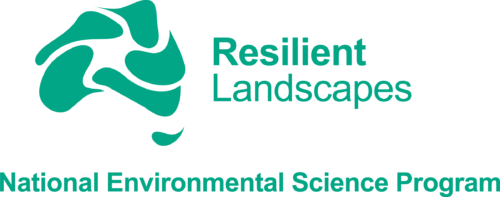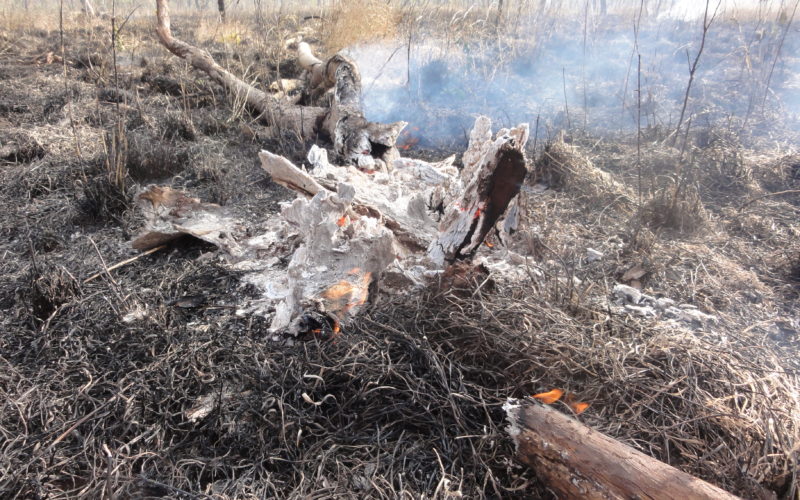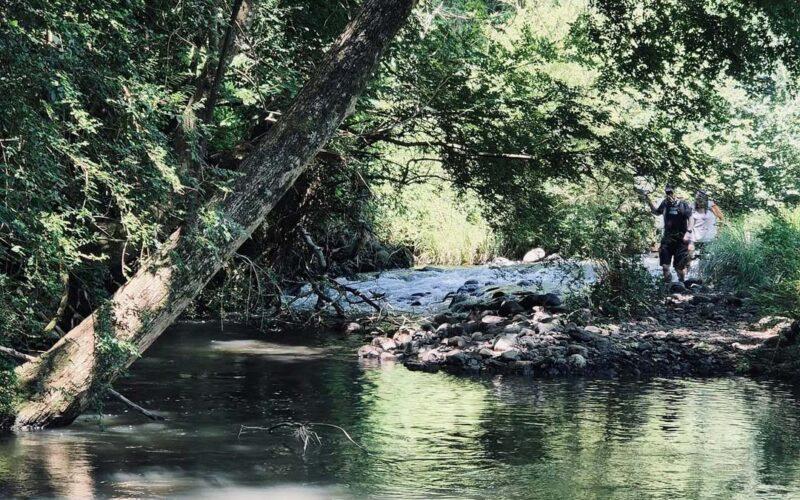
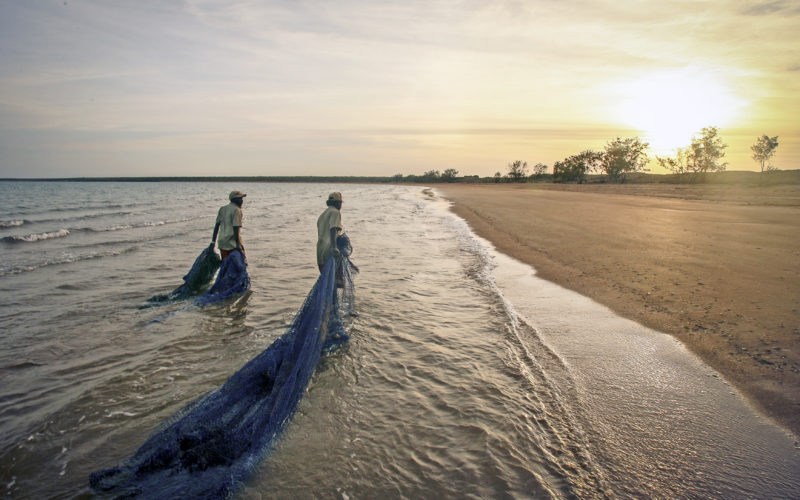
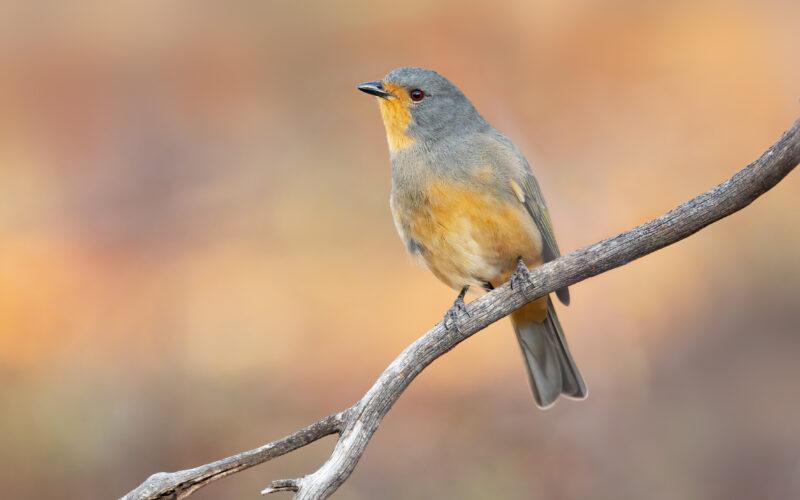
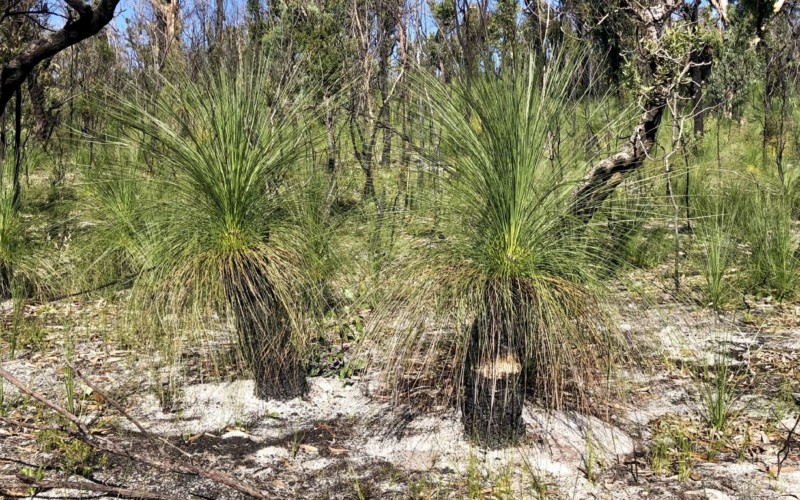
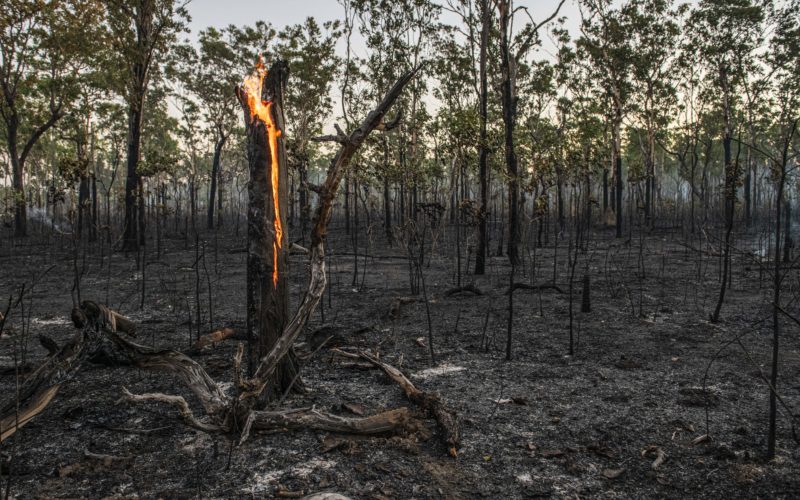
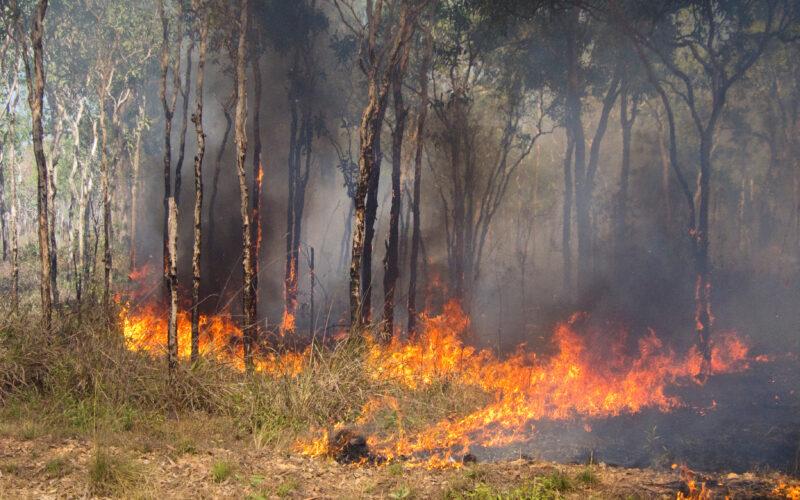
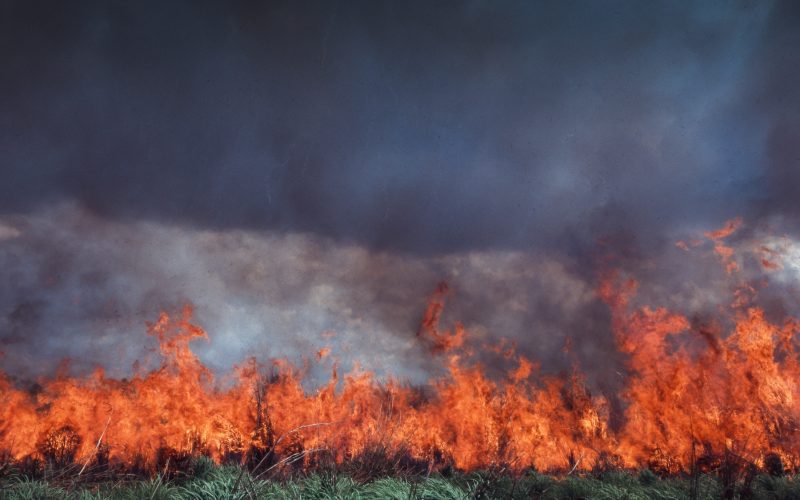
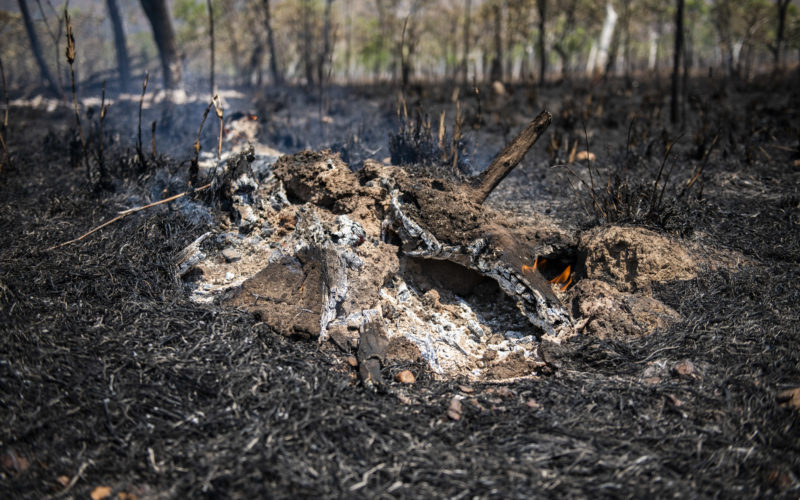
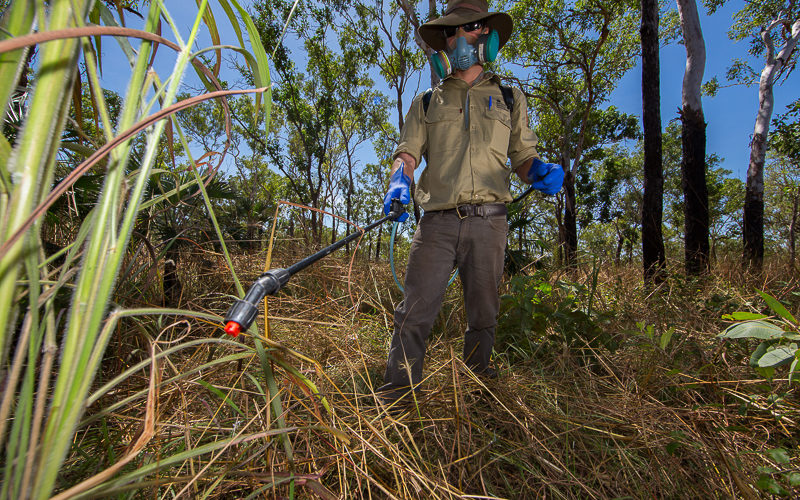
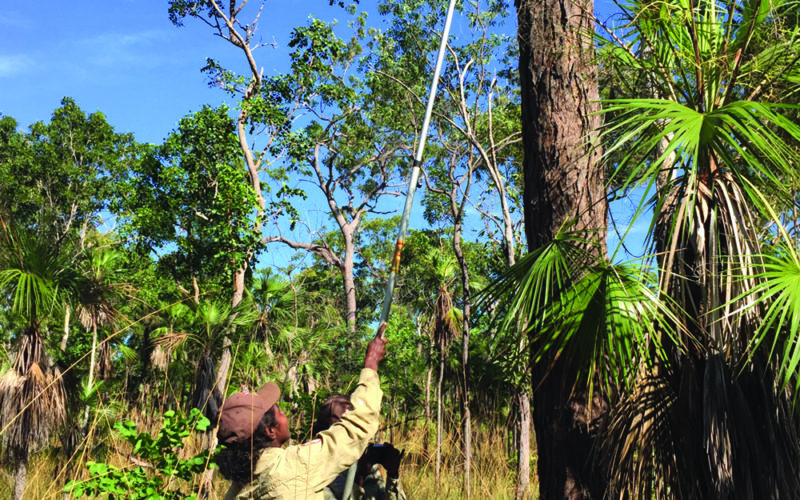
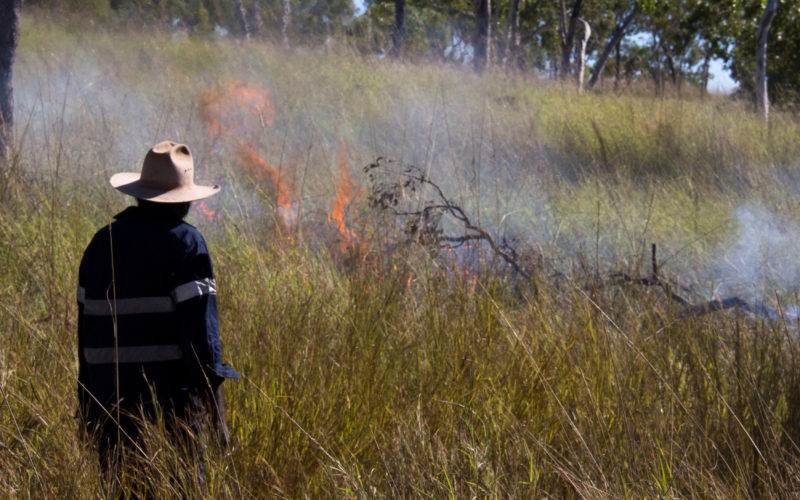
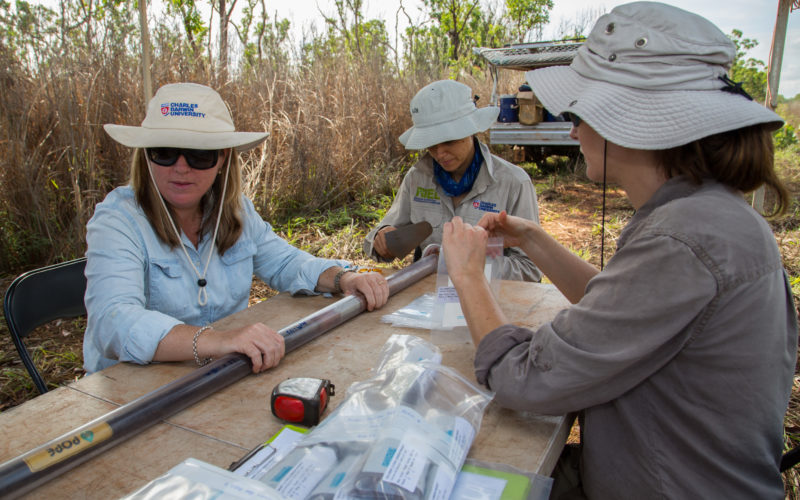
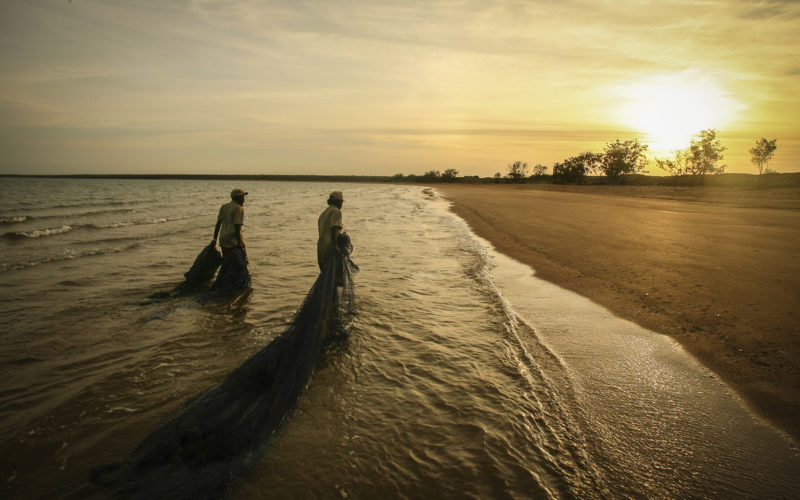
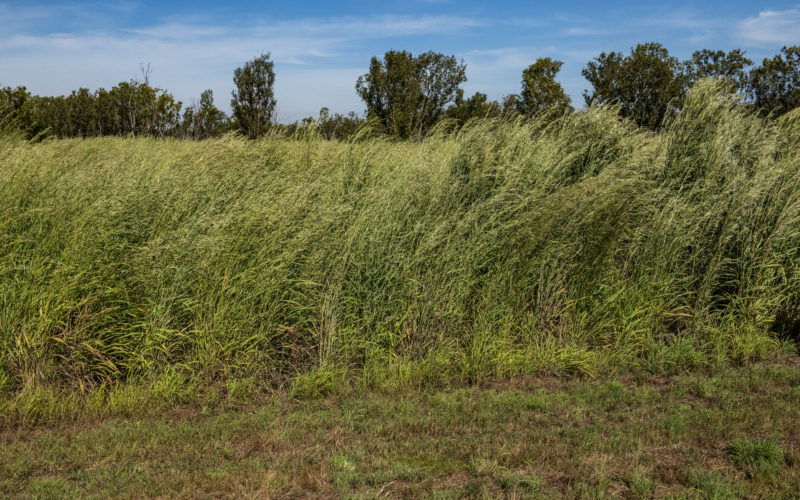
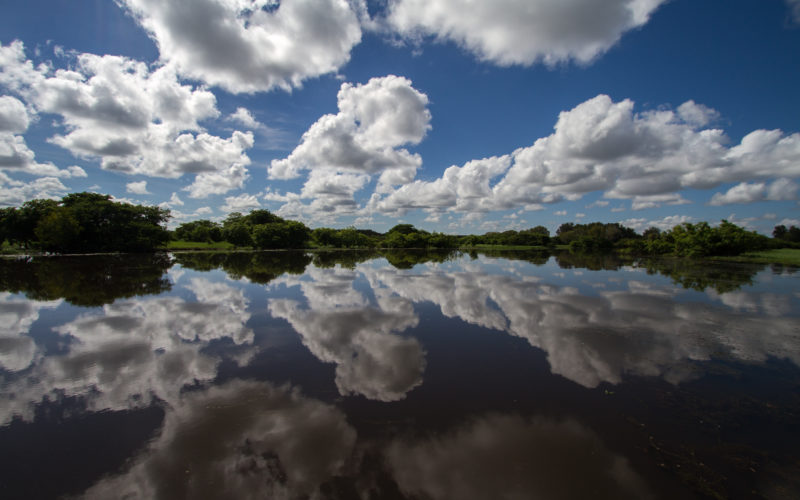
fire-management

The first Indigenous-led Research Strategy for Kakadu National Park has been released, to protect the unique World Heritage listed property […]
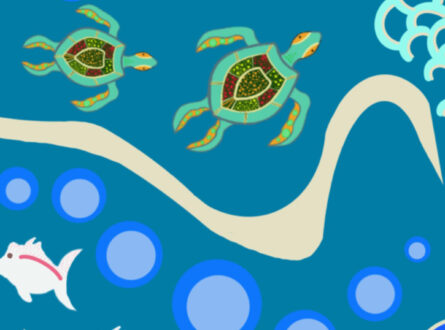
The 32nd International Congress for Conservation Biology (ICCB 2025) hosted by the Society for Conservation Biology Oceania Region, takes place in Meanjin […]
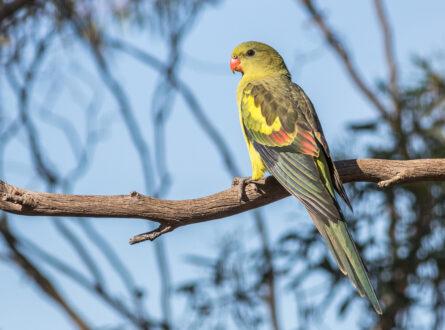
Resilient Landscapes Hub newsletter (July 2024) The hub has now launched 13 new research projects for 2024. These projects have […]

The Resilient Landscapes Hub has launched 13 new research projects supporting conservation, threatened species and threatened ecological communities. We are […]
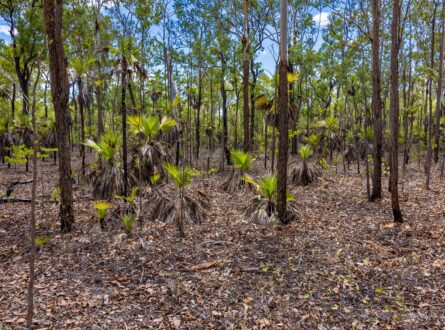
Last week, our researchers Lenore Morris, Michael Douglas and Natalie Rossiter-Rachor were hard at work in Kakadu National Park. Ahead […]
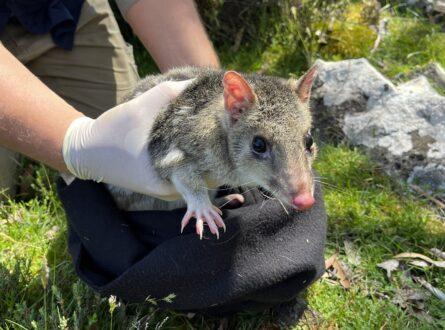
The Resilient Landscapes Hub is launching 13 new research projects supporting conservation, threatened species and Indigenous-led research The hub has […]
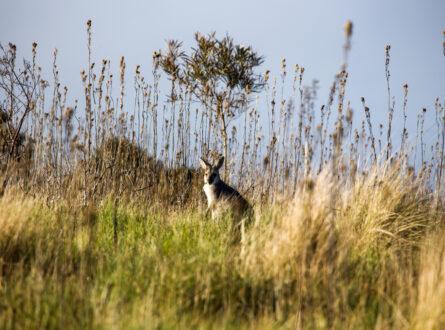
The Resilient Landscapes Hub has launched 13 new research projects supporting conservation, threatened species and Indigenous-led research The hub has […]
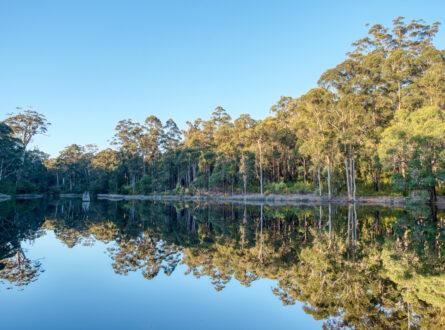
The Resilient Landscapes Hub’s third research plan is set to have big outcomes! With our third research plan now underway, […]
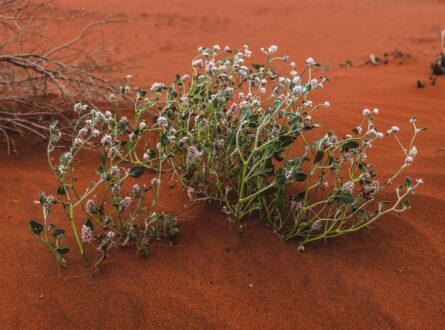
Nine new hub research projects are kicking off, which will see the Resilient Landscapes Hub make real-world impacts on improving […]
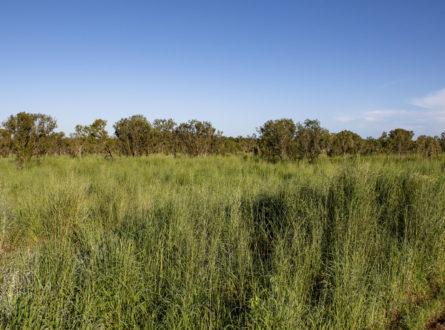
More than 2 decades of research into the invasive weed gamba grass has been showcased in a new website. Research […]
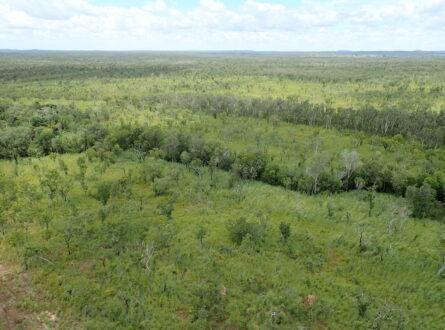
Major investment is urgently needed to protect Litchfield National Park from gamba grass. New research has warned that almost 30% […]
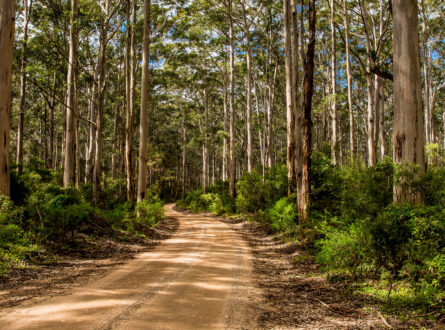
Springing into the Resilient Landscapes Hub second research plan! It’s with great enthusiasm that we launch our second annual research plan […]
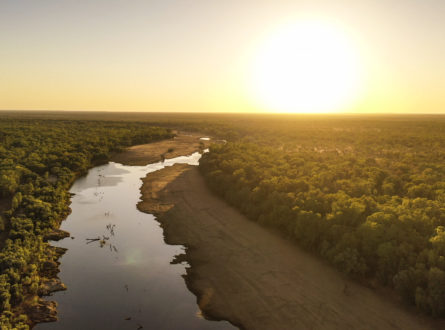
Final Northern Australia update – November 2021. Welcome to the last e-newsletter from the Northern Australia Environmental Resources Hub. The […]
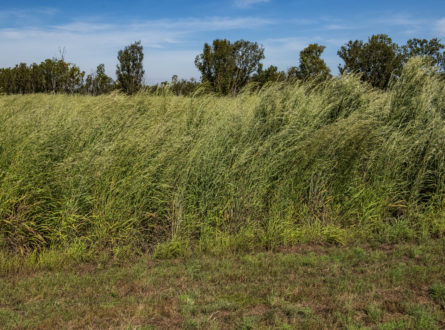
Gamba grass (Andropogon gayanus) was introduced to Australia as a pasture grass from Africa. It has become a significant environmental weed and […]
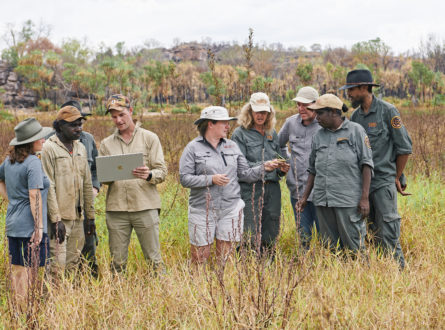
Welcome to the Resilient Landscapes Hub We’re delighted to launch the new website and first research plan for the Resilient […]

The Northern Australia Environmental Resources Hub addressed key research questions to come up with practical, on-ground solutions to some of […]
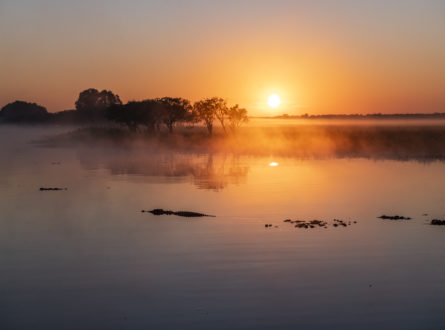
The NESP Northern Australia Environmental Resources Hub has had impact across four broad themes: The importance of rivers and their […]
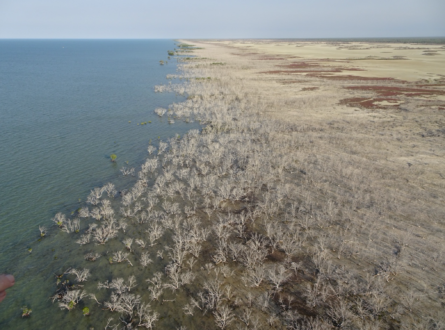
World Mangroves Day was 26 July! Did you know Australia is home to 7% of the world’s mangroves, with the […]
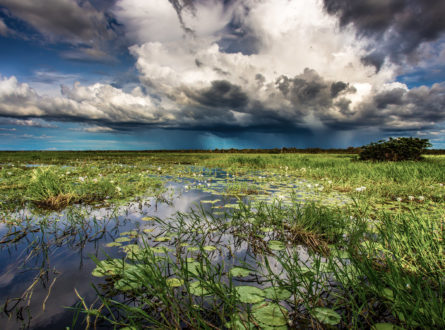
The University of Western Australia (UWA) will host a new Australian research hub to provide national leadership in threatened species […]
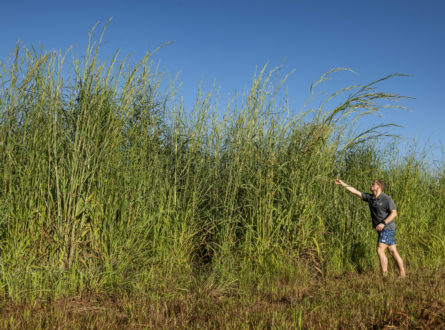
Researchers from CSIRO, Charles Darwin University and The University of Western Australia have developed a machine-learning approach that reliably detects […]
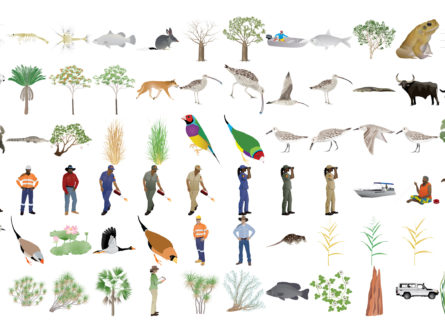
We have publicly released our free collection of 250+ symbols for all your science communication needs! DOWNLOAD THE SYMBOLS HERE […]
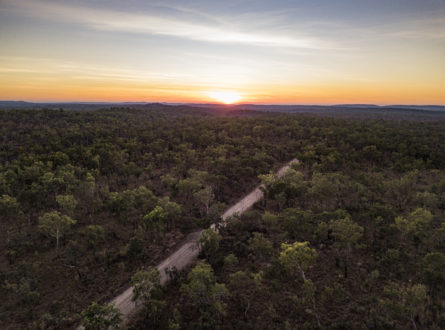
Northern Australia August 2020 update. Strengthening and appropriate sharing of knowledge has been an underpinning principle of all the NESP […]
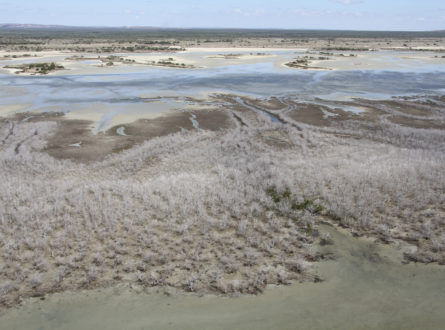
Since the unprecedented mangrove dieback in 2015, James Cook University’s Dr Norm Duke has been leading a multi-Hub NESP project assessing […]
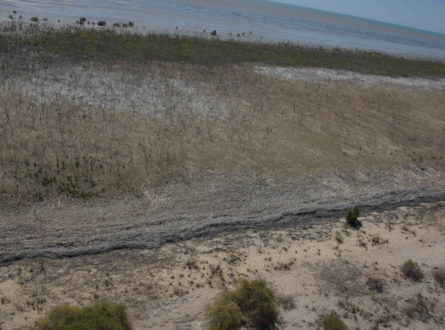
Piles of dead mangrove timber up to two metres in height are preventing new mangrove growth over vast areas of […]
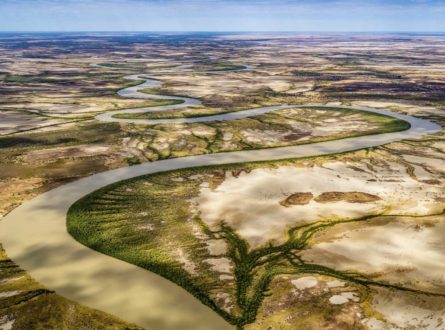
Northern Australia August 2019 update. As the wet season draws nearer, this eNews updates you on the progress of our […]
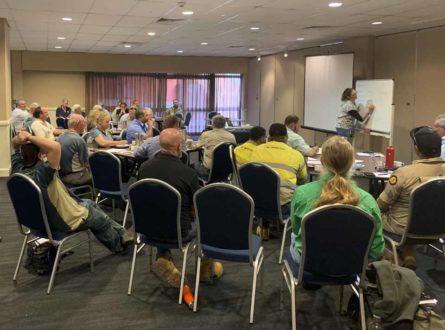
Improving gamba grass control on Cape York and throughout northern Australia was the topic of discussion at a two-day workshop […]
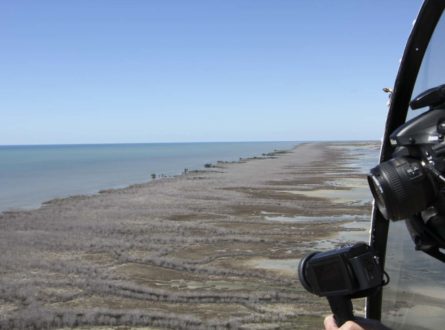
Hub researchers and Indigenous rangers have been working hard on the Gulf of Carpentaria’s coastline to assess mangrove recovery following […]
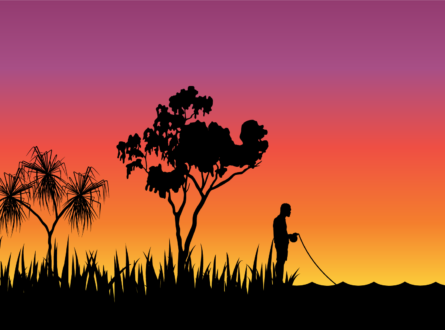
Follow-up resources from the Hub’s Canberra Research Forum 18- 21 Feb. Thank you to all involved! A highlight video can […]
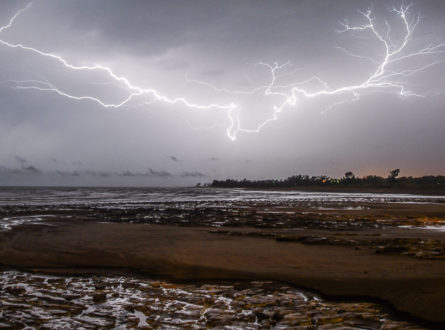
2019 Northern Australia Research With several projects wrapping up and new research getting underway, 2019 will be a busy year […]
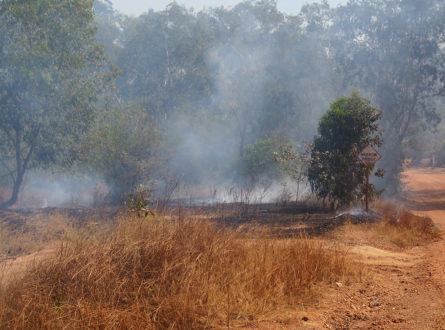
Hub research led by Dr Garry Cook of CSIRO will inform updates to the method used by the federal government to […]
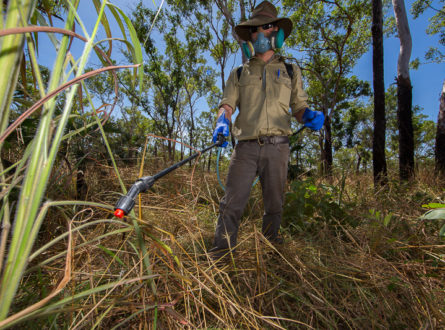
Improving gamba grass control Despite its listing as a Weed of National Significance and a key threatening process under the […]
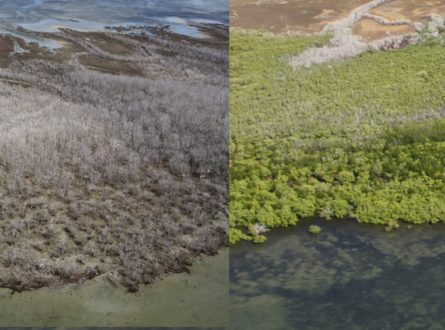
Mangroves support biodiversity and fisheries, protect shorelines from coastal erosion and storm damage, and store more carbon than terrestrial forests. […]
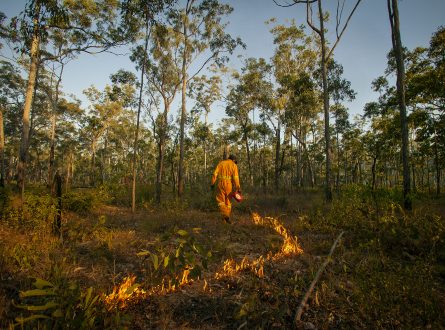
Aboriginal communities and non-Indigenous organisations across the country are seeking to engage in fire management projects and fire based business […]
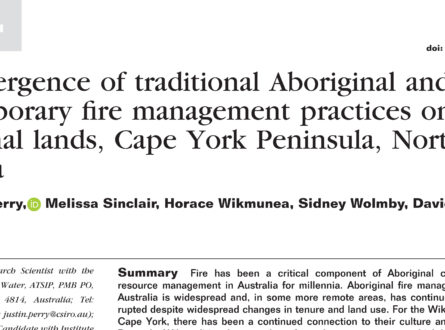
Fire has been a critical component of Australian Aboriginal culture and resource management for millennia and today, where Aboriginal people conduct […]
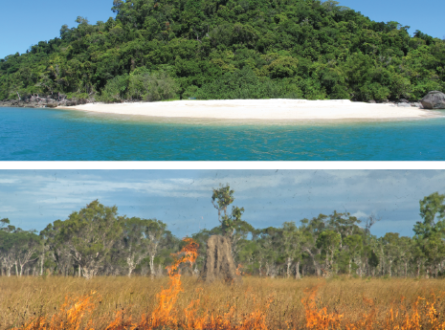
Two Northern Hub researchers travelled to Canberra in early November to highlight the impact of Hub research projects. Dr Helen […]
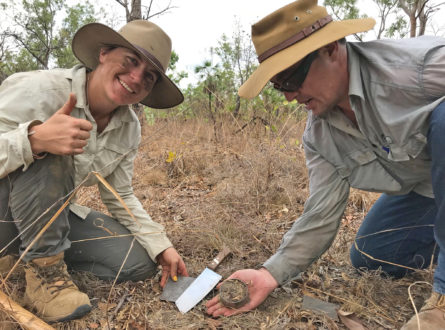
How do savanna landscapes change due to gamba grass invasion, and is it possible for these ecosystems to be restored? […]
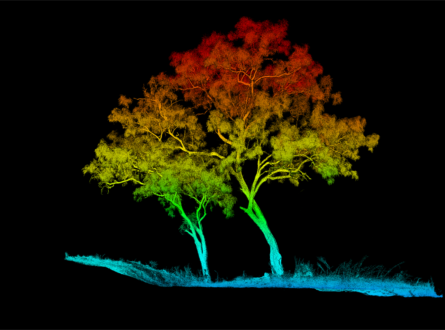
Emissions Reduction Fund (ERF) savanna projects allow land managers to minimise uncontrolled highly intense fires late in the dry season […]
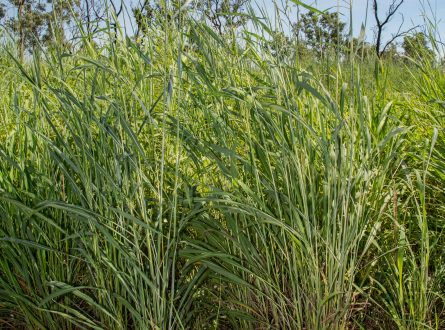
As part of their fire and weeds project, Hub researchers Dr Natalie Rossiter-Rachor from Charles Darwin University and Professor Samantha […]
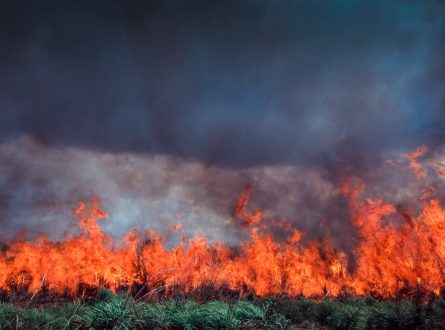
A Northern Hub project is improving our understanding of the combined impacts of weed invasion, land clearing and changes to […]
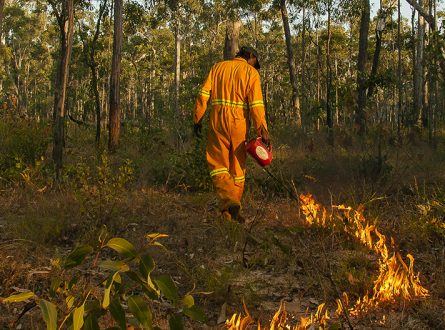
Indigenous people’s knowledge of fire is an integral part of Indigenous land management and decision-making systems. Indigenous communities are applying, […]
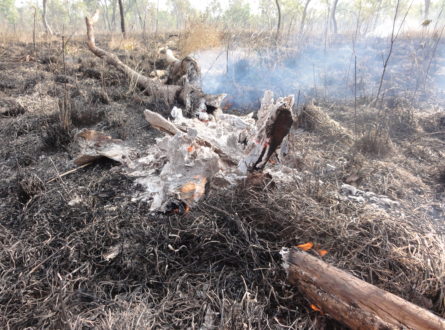
A Northern Hub project is improving our ability to better measure the value of improved fire management to greenhouse gas […]
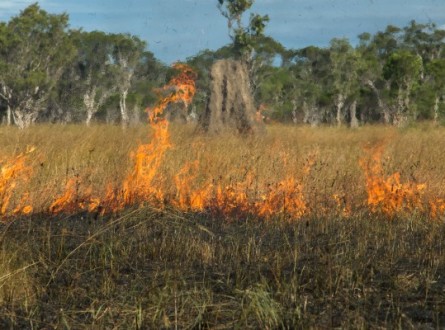
Dozens of fire practitioners shared their experiences of working with Indigenous fire knowledge in northern Australia during a workshop in […]
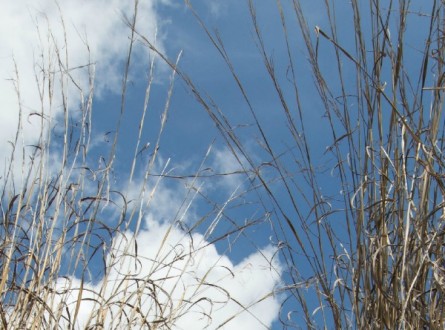
A hub research team investigating invasive weeds were awarded the ‘Best Research in NRM’ at the 2014 Territory NRM Awards […]
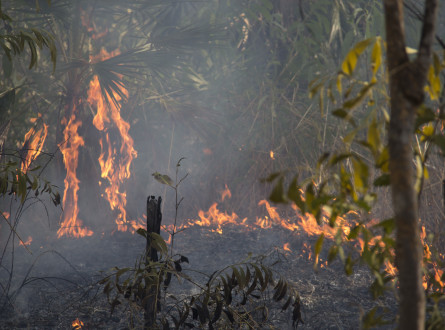
Ecologists are meeting in Alice Springs today to share findings on native mammal decline and how northern Australian landscapes can […]
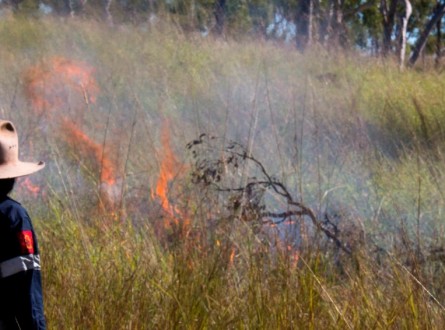
Since becoming active in fire management in 2007, the Garawa and Waanyi Garawa Rangers have reduced late season wildfires by […]
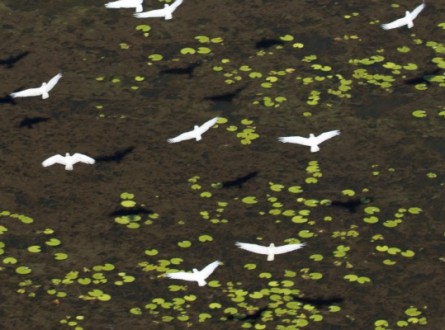
Djelk Indigenous rangers, Traditional Owners, scientists and school students recently returned from an eight day biodiversity monitoring and cultural learning […]
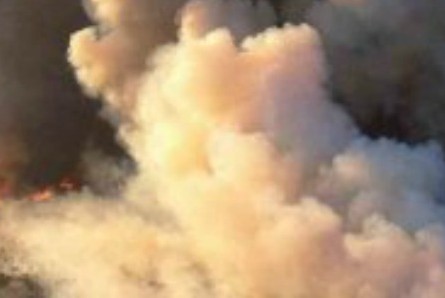
Researchers have identified gamba grass and other invasive weeds as a potential threat to landholder involvement in environmental offset programs […]
